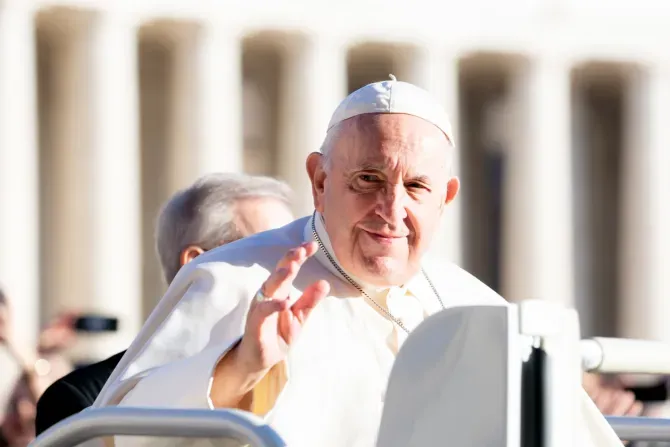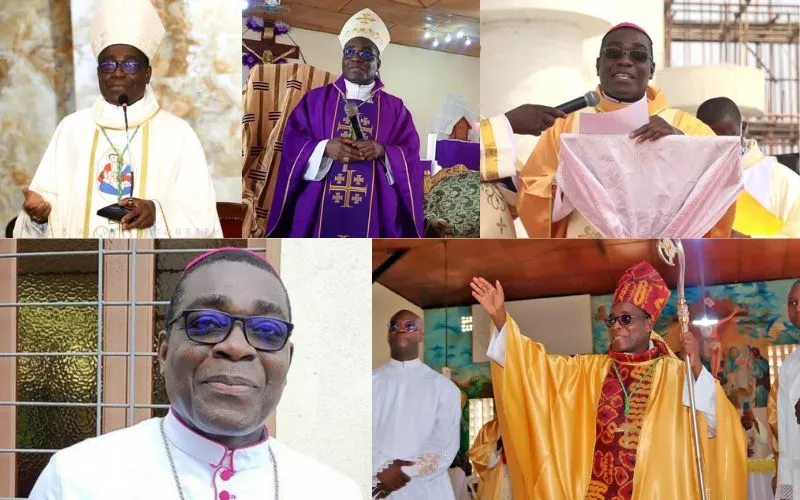He said the devil “knows these passwords well, and it is important that we know them too, so as not to find ourselves where we do not want to be.”
“Temptation does not necessarily suggest bad things, but often disordered things, presented with excessive importance,” the pope said.
“They can be, for example, degrees, careers, relationships, all things that are in themselves praiseworthy, but towards which, if we are not free, we risk having unrealistic expectations, such as the confirmation of our worth. … From this misunderstanding often comes the greatest suffering, because none of those things can be the guarantee of our dignity,” he said.
Pope Francis recommended the practice of an “examination of conscience” to learn and note “what we give most importance to” in daily choices.
Above all, he said that it is crucial to understand what truly “satiates the heart.”
“For only the Lord can give us confirmation of what we are worth. He tells us this every day from the cross: he died for us, to show us how precious we are in his eyes. There is no obstacle or failure that can prevent his tender embrace,” he said.
The pope’s reflection was part of a weekly catechesis series on spiritual discernment that he launched on Aug. 31.
Pope Francis noted that “underlying spiritual doubts and vocational crises” is often a lack of self-knowledge.
The pope quoted Thomas Green’s book on discernment, “Weeds Among the Wheat”: “I have come to the conviction that the greatest obstacle to true discernment (and to real growth in prayer) is not the intangible nature of God, but the fact that we do not know ourselves sufficiently, and do not even want to know ourselves as we really are. Almost all of us hide behind a mask, not only in front of others, but also when we look in the mirror.”
Pope Francis added: “Forgetfulness of God’s presence in our life goes hand in hand with ignorance of ourselves … ignorance of our personality traits and our deepest desires.”
 Crowds welcome Pope Francis on St. Peter's Square, Oct. 5, 2022. Daniel Ibáñez / CNA
Crowds welcome Pope Francis on St. Peter's Square, Oct. 5, 2022. Daniel Ibáñez / CNA




 General audience with Pope Francis, Oct. 5, 2022. Daniel Ibáñez / CNA
General audience with Pope Francis, Oct. 5, 2022. Daniel Ibáñez / CNA


